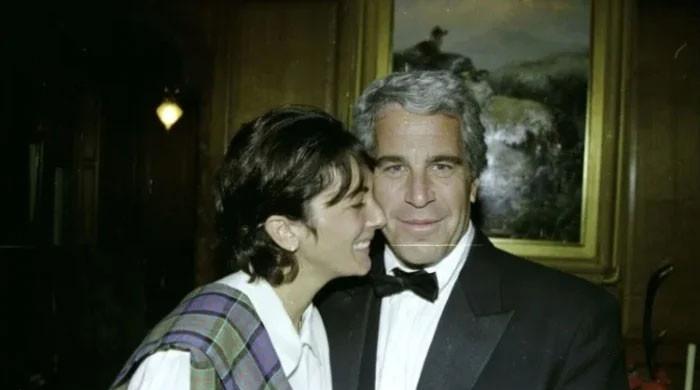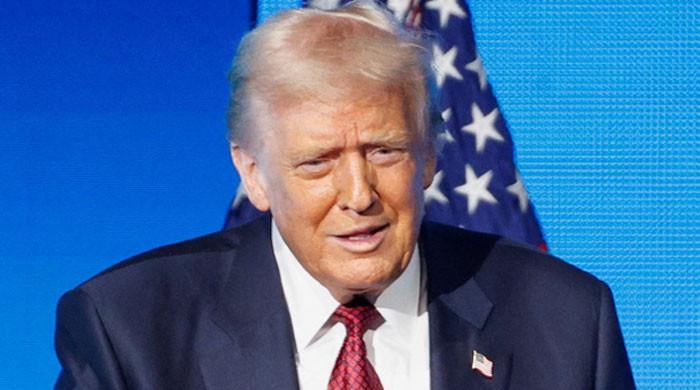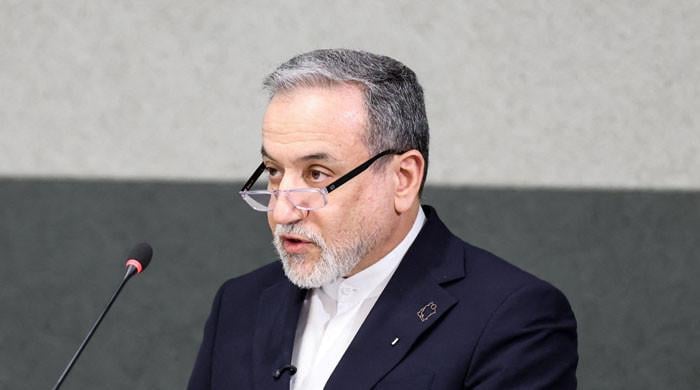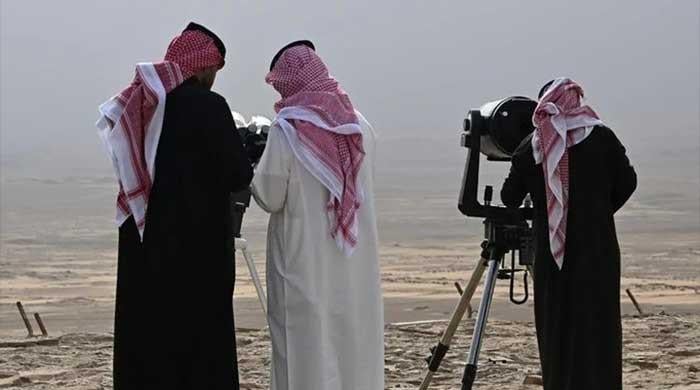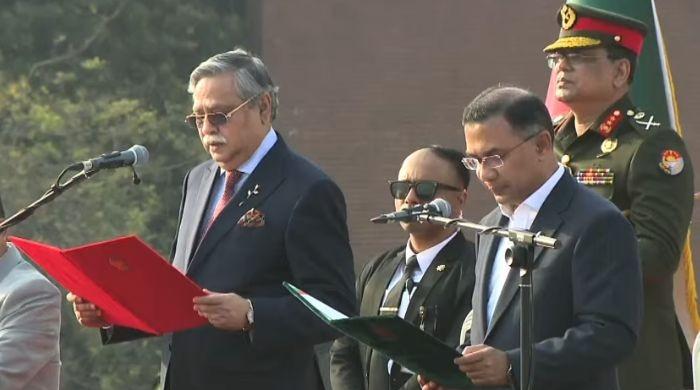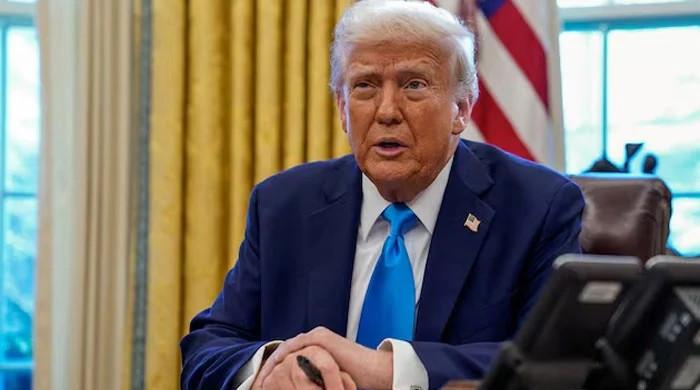Intellectuals, activists discuss role of Kashmiri women in South Asian perspective at EU parliament
Kashmir Council-EU arranged the event in collaboration with Friends of Kashmir Group
May 12, 2017
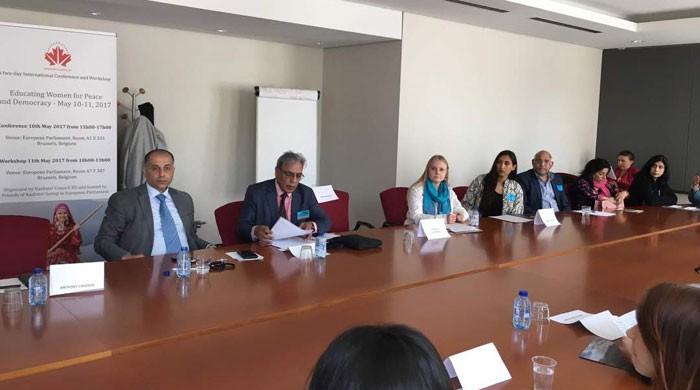
A two-day international conference on the role of Kashmiri women titled “Educating Women for Peace and Democracy – a South Asian Perspective” was held from May 10-11 at European Parliament in Brussels, Belgium.
Kashmir Council-EU arranged the event in collaboration with Friends of Kashmir Group based in the EU Parliament.
The first day of the conference was attended and addressed by a number of parliamentarians, human rights activists, experts and intellectuals from different countries.
Professor Agnieszka Kuszewska of University Social Psychology of Poland, Dr Agnieszka Nitza of University of Collegium Civitas Warsaw, Chairman Kashmir Council-EU Mr Ali Raza Syed, Khaula Siddiqi from Columbia Business School Canada, Sadia Mir from the University of Westminster, UK and Ifra Bukhari from University of Sheffield, UK were among the speakers.
MEPs Sajjad Haider Karim, Amjad Bashir and Raja Afzal Khan welcomed the participants in the EU Parliament. Highlighting the importance of the conference, MEP Sajjad Karim said the conference was very timely because Kashmiri women were increasingly facing emotional wounds.
MEP Amjad Bashir hailed the conference saying it would help give voice to the people of Indian occupied Kashmir and highlight the role of Kashmiri women in a South Asian perspective.
Talking about education of women in South Asia, host of the event MEP Afzal Khan said poverty was the leading reason of illiteracy among women. Many of the girls do not go to school, which means a large number of girls are deprived of education, he said.
An expert on South Asian Affairs, Professor Dr Agnieszka Kuszewska highlighted major challenges of women's education. She said education and literacy are necessary for women in order to empower them with new tools for public participation.
Speaking on female education in Pakistan, she said that according to the Constitution of Pakistan every Pakistani woman has the fundamental right to education. She added that women’s voice in public debates and their participation in democratic practice are an inalienable part of human development and a key element of the state’s democratic progress.
About Kashmir issue, she said the Kashmir conflict was necessitating arms race and investment of resources on arms.
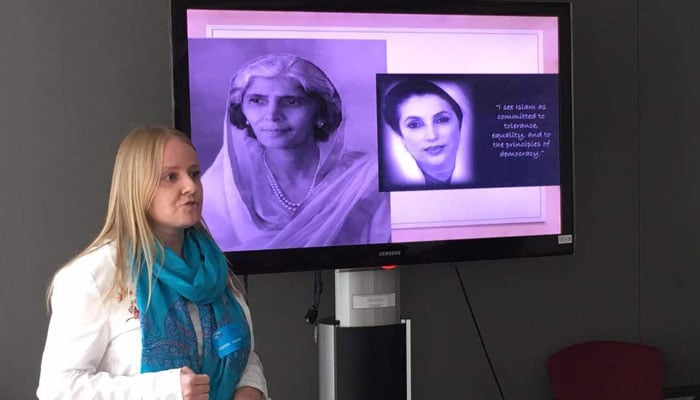
Another expert from Poland Dr Agnieszka Nitza of Collegium Civitas Universty Warsaw spoke on the topic “Women Make Democracy Happen: India and Pakistan Comparison”.
Comparing the role of female politicians in both of the South Asian states, she said while some strong female political personalities abound in Indian and Pakistani states’ history, some female politicians introduced controversial policies. For instance, Indira Gandhi proclaimed state of emergency and indicated a coercive sterilisation program, she noted.
Talking about quota system for women in Pakistani parliament, she said it was to ensure the presence of female representatives in Pakistani politics, while Indian reservation policy lacked such measures on a state level.
Chairman Kashmir Council-EU Ali Raza Syed discussed the central role of education for peace and democracy in South Asia and drew attention of the participants towards women’s suffering in conflict areas like Kashmir, saying they not only suffer violence, chaos and lost social harmony, but also the emotional pain of losing their loved ones.
Ali Raza stressed that healthy, educated and dignified women would ensure peaceful, educated and democratic South Asia, whose great potential is hostage to India's stubborn refusal to Kashmiris’ democratic right to self determination.
Former EU Ambassador Anthony Crasner told the delegates that the European Parliament’s report on India-EU relations had no mention of Kashmir.
Ifra Bokhari talked about structural problems such as unpaid labour, gender imbalance and low state priority on gender uplift in South Asia.
Pakistani intellectual based in Brussels Kenith Roy quoted Madeline Albright who said democracy without women participation was impossible.
Khaula Siddiqui cited example of a Kashmiri girl who was molested by Indian army men, with the resulting uproar leading to death of two Kashmiri boys, and stressed on the need for peace for women’s education.




